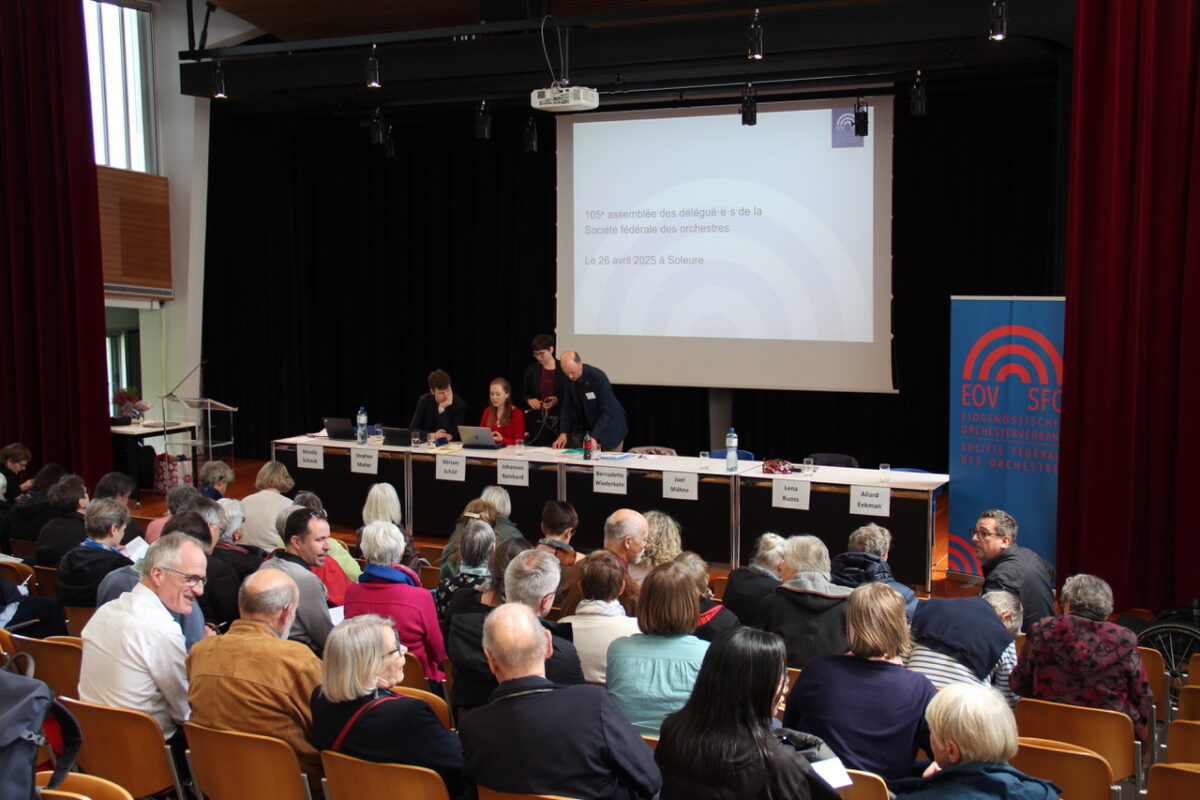The "difficult" child in music lessons
Children with special challenges are receiving more special educational support or medication than in the past. Special measures are also required in rhythm and instrumental lessons.

Like adults, children also have limits that they cannot simply cross. For some, it is a lack of fine motor skills; for others, a crisis at school puts limits on their musical enthusiasm; still others come from a non-musical family and have to assert their will to practise at home. How can professionals deal with the different children and their needs?
It is useful to structure and rhythmize (!) the lessons with a varied but predictable sequence. Lesson topics such as colors, seasons, certain composers or musical styles can be used to integrate the child's interests. It makes sense to keep the lessons simple but varied and to appeal to the children's different senses.
The basis for successful and enjoyable teaching is a good relationship with the child. This includes knowing their preferences, family and sibling structure, strengths and weaknesses, at least to some extent. The basis for this is a binding contact with the parental home. Young children in particular are often still somewhat unsure of how to move between the poles of "home - instrument - music teacher". The teacher's relationship with the parents should not be limited to giving practice tips. Parents can tell from the child's mood whether the teacher values the child and whether they, the parents, are welcome as partners in the music education process.
The "fidgety" child with ADHD (Attention Deficit Hyperactivity Disorder) often shows daytime fluctuations with increased distractibility towards the evening. They benefit best from lessons in the early afternoon. Some, but by no means all, children with ADHD are also rather clumsy when it comes to fine motor skills. They are very aware of whether the teacher has confidence in them. The stressed child may have worries that they would like to discuss. If a relationship is sustainable, it should be possible to motivate the child to seek solutions with parents or other adult caregivers, or even to seek professional help. The temptation to be the child's only confidant or even to take on the role of a therapist must be resisted.
Music teachers are challenged in many ways every day. However, regular communication with class teachers or parents - also by telephone - prevents conflicts and disappointed expectations on both sides.
Dr. med. Dominique Simon
Child and adolescent psychiatrist and systemic psychotherapist
Supervisor in her own practice in Zurich.
> dr.simon@hin.ch
> www.ausbildungsinstitut.ch








